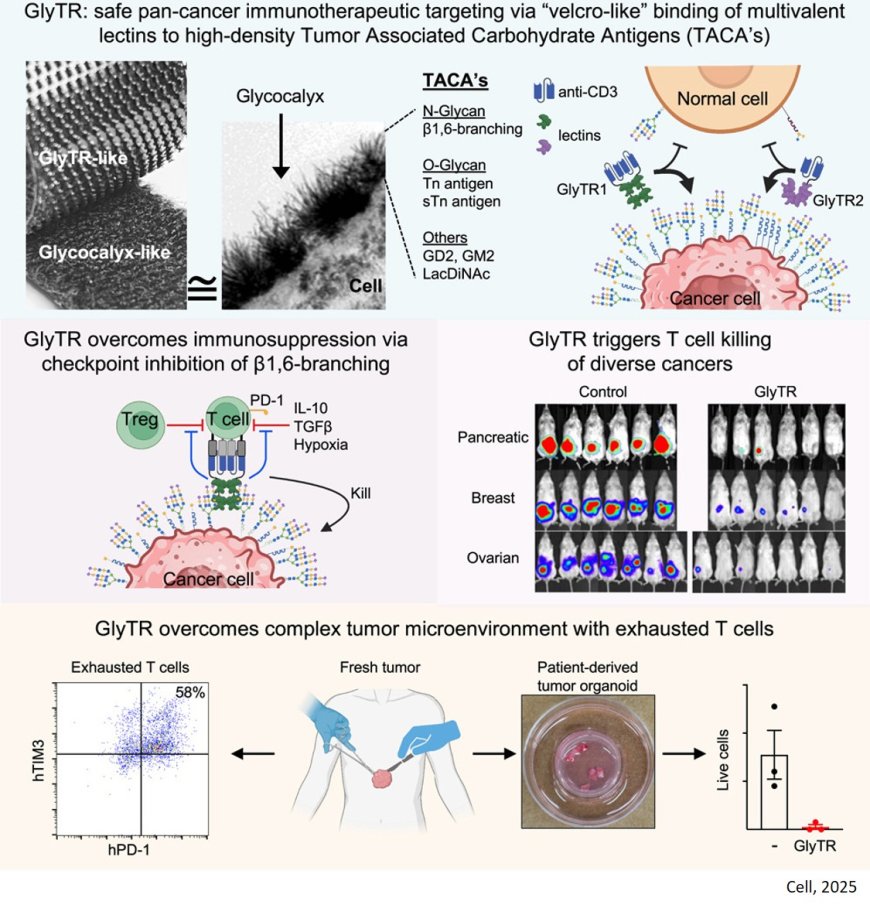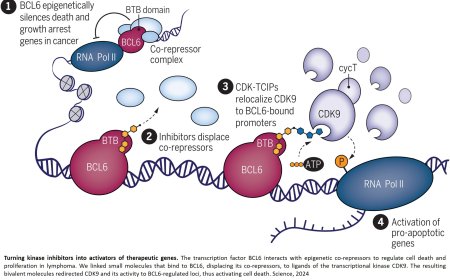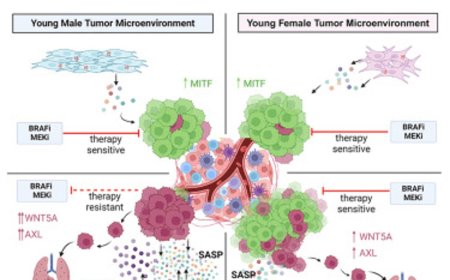Targeting sugar moieties around cancer cells to kill tumors

A new, highly potent class of immunotherapeutics with unique Velcro-like binding properties can kill diverse cancer types without harming normal tissue, cancer researchers have demonstrated.
A research team reported that by targeting cancer-associated complex carbohydrate chains called glycans with binding proteins, they could penetrate the protective shields of tumor cells and trigger their death without toxicity to surrounding tissue.
Their biologically engineered immunotherapies – glycan-dependent T cell recruiter (GlyTR, pronounced ‘glitter’) compounds, GlyTR1 and GlyTR 2 – proved safe and effective in models for a spectrum of cancers, including those of the breast, colon, lung, ovaries, pancreas and prostate, the researchers reported in the journal Cell.
“It’s the holy grail – one treatment to kill virtually all cancers,” said the paper’s corresponding author. “GlyTR’s velcro-like sugar-binding technology addresses the two major issues limiting current cancer immunotherapies: distinguishing cancer from normal tissue and cancer’s ability to suppress the immune system.”
The study’s publication, the culmination of a decade of research, is a watershed moment.
While many cancer researchers have sought protein biomarkers for specific cancers, the authors aimed at a more abundant target, the unique coating of glycans that surround cancer cells but are found in very low density in normal cells.
These complex sugar chains are the most widespread cancer antigens known but were generally ignored by researchers because they are inert to the immune system.
To solve this problem, the authors engineered the GlyTR compounds to attach themselves, Velcro-like, to glycan-dense cancer cells while ignoring low-glycan-density normal cells. Once attached, the GlyTR compounds identify the cancer cells as targets for killing by the body’s immune system.
In contrast, current cancer immunotherapies attack cells based on specific proteins regardless of their glycan density and thereby fail to distinguish tumor cells from healthy tissue.
A second impediment to developing broadly active cancer immunotherapies is the shield glycans form around solid tumors.
By targeting glycans and blanketing the tumor cells with the Velcro-like compounds, the GlyTR technology overcomes both obstacles.
The next step will be testing the therapy’s safety and effectiveness in humans. Clinical grade GlyTR1 protein manufacturing is already being developed at the NCI Experimental Therapeutics program labs in Maryland, the senior author said.
That will enable the launch of a phase 1 clinical trial, which could begin within about two years. It will test the therapy in patients with a range of metastatic solid cancers. The highest glycan density is typically seen in patients with refractory/metastatic disease, a population that also has the greatest unmet need for treatment.
https://www.cell.com/cell/fulltext/S0092-8674(25)01032-3
https://sciencemission.com/Safe-immunosuppression-resistant-pan-cancer













